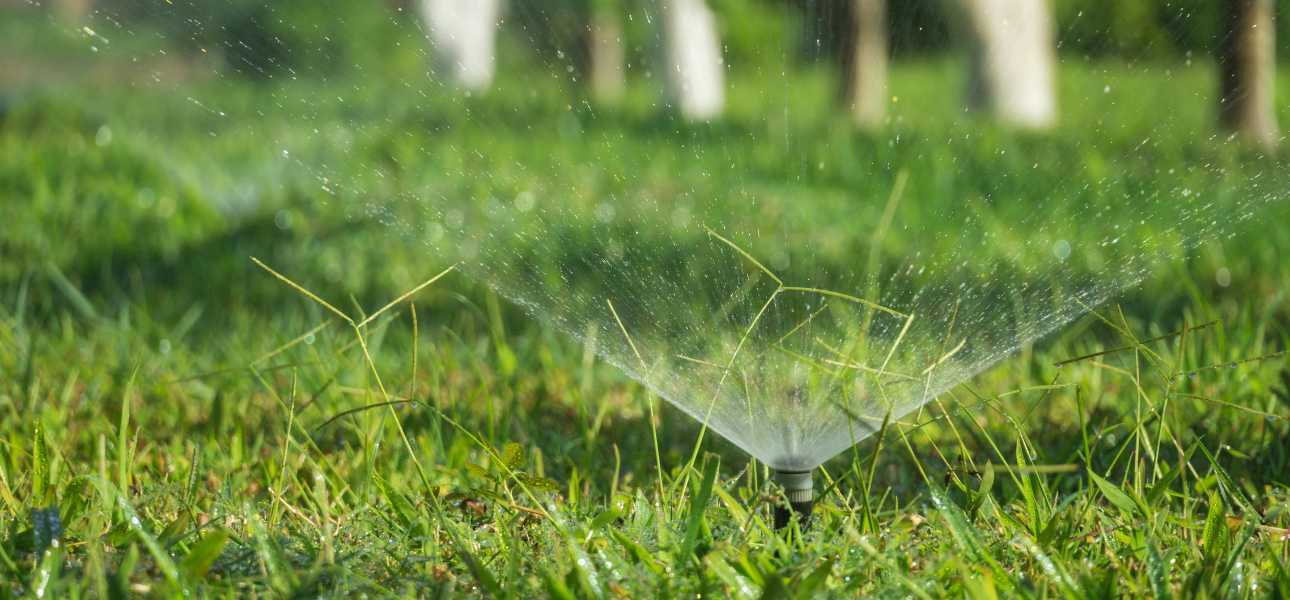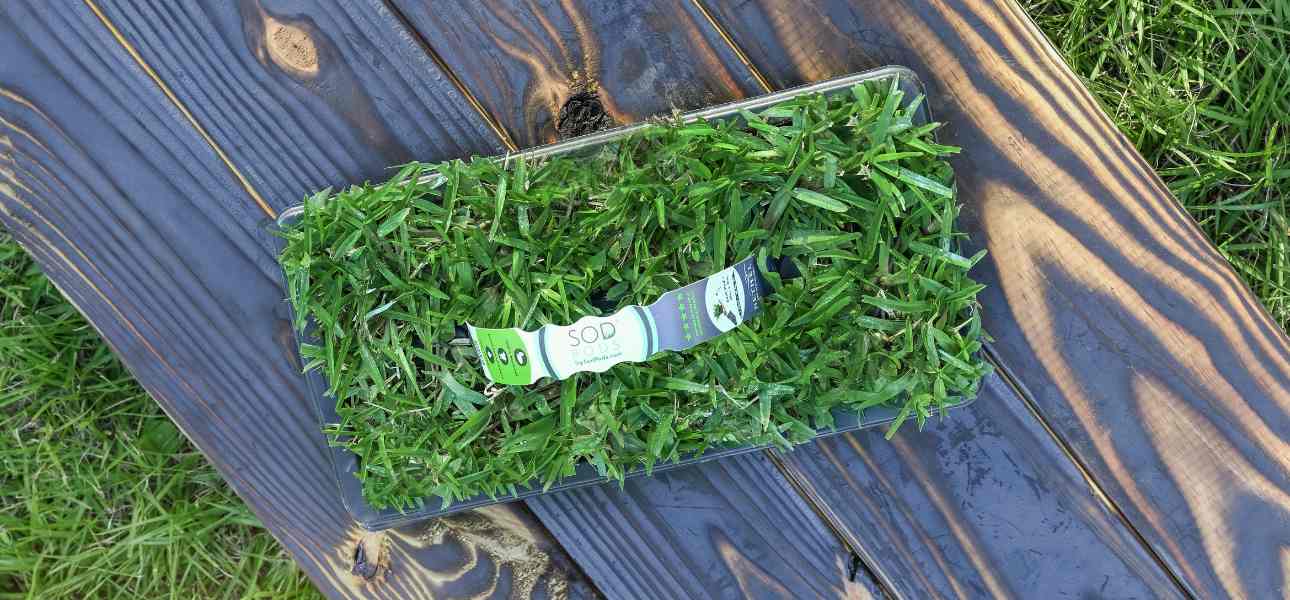Should You Water Your Lawn in Winter?

It’s evident that watering lawns is crucial when the grass is actively growing in spring and during the warm temperatures of summer. But what about on cold winter days?
While the shorter days and colder nights in winter can significantly reduce your lawn’s watering requirements, it remains essential to ensure your lawn receives adequate moisture, particularly during dry periods or in areas with little precipitation. Proper irrigation in winter can keep your grass from drying out and becoming stressed, which is key in keeping your lawn healthy and resilient against the challenges posed by the harsh winter weather.
Your Guide to Winter Watering in Florida
Because of the relatively mild winters in Florida, warm-season grasses like Bermuda, St. Augustine, and Zoysia remain active and continue to grow during the season. It means that, for the most part, you’ll have to maintain your watering schedule as usual, with some exceptions on days when the air is particularly dry, necessitating additional watering to keep your lawn healthy.
Read further for some other considerations to keep in mind when watering your lawn in winter, including how often you should water your newly planted grass plugs in winter.
Water dormant grass—but less.
In winter, warm-season grasses may still go dormant when temperatures drop below 65°F, causing them to turn brown and appear lifeless. During dormancy, grass stops growing, consequently requiring less watering.
However, while lawns naturally slow down in winter, watering remains crucial to keep the crown and roots hydrated. Due to slower absorption and evaporation rates, lawns lose less water in winter than in spring or summer. So, adjust your watering frequency to provide about half the amount of water you use in summer while considering local weather conditions to prevent over and under-watering during this season.
Water new grass plugs to establish roots and survive.
While you can plant grass plugs year-round in Florida, the cooler weather and reduced water requirements in winter can present an opportune time for introducing new grass to your lawn. When the grass plugs are dormant, they can remain idle on the ground until spring, when the weather becomes more favorable for them to establish.
Watering your lawn in winter is essential for the survival of newly planted grass plugs that have yet to adapt to the soil. This practice ensures your lawn bounces back to life greener and grows more vigorously in spring. Ensure to water your lawn immediately after the grass plug installation and keep the soil consistently moist throughout the season but not waterlogged.
READ: Can You Plant Grass Plugs in Winter?

Avoid watering when temperatures dip below 40℉.
Of course, there are also limitations to when you should water your lawn. Temperatures below 40 degrees F are too cold for watering and can potentially damage your grass. If you anticipate near-freezing temperatures, we advise avoiding watering 24 hours before the cold spell.
This period allows the water enough time to absorb into the soil, keeping the roots and soil moist and less susceptible to freezing.
Water in the morning.
For the same reason, we also recommend watering in the morning to allow water to penetrate the soil and the sun to evaporate any excess water before colder temperatures set in at night. It helps prevent the grass blades from staying wet overnight, minimizing the risk of fungal diseases.
During prolonged periods of drought, when temperatures are above freezing, and the soil isn’t frozen, we advise watering your lawn every 2-3 weeks. Water deep enough so the crowns and roots receive enough moisture to withstand the drying effects of harsh winter winds.
Avoid overwatering.
Overwatering is not only wasteful but can also create an environment where pests and fungi can grow, potentially causing issues in your lawn. Save money on your water bill and keep your lawn healthy by managing your watering properly.
Even if you have to water in the winter, you’ll generally need to water less often than in spring and summer when the temperatures are warmer and the grass is actively growing. In some cases, moderate rainfall should be enough to provide the necessary moisture. However, in the absence of rain, you can water your lawn to about half or an inch every session to keep the roots hydrated and facilitate new spring growth.
Look for signs your grass needs watering.
While the general recommendation is to water your lawn once every 2-3 weeks in winter, you can determine when to turn on your irrigation by looking for signs your grass needs watering. These signs include footprints that remain visible instead of bouncing back, a bluish-gray tint to the grass, or wilted, folded, or curled leaves.
Additionally, brown edges on the grass blades and a dull color can also indicate that your grass needs water.

Takeaway
There are plenty of considerations to look into when deciding whether you should water your lawn. But one thing to remember is that as long as your grass is still growing, you most likely have to water it.
While concerns about freezing and potentially killing your grass are valid, when done correctly, watering during this season can actually keep the roots safe, helping your grass survive the winter and ensuring a healthier lawn when spring arrives.
Discover more winter lawn care tips and a wide range of sod grass for sale at the Try SodPods® website today.

